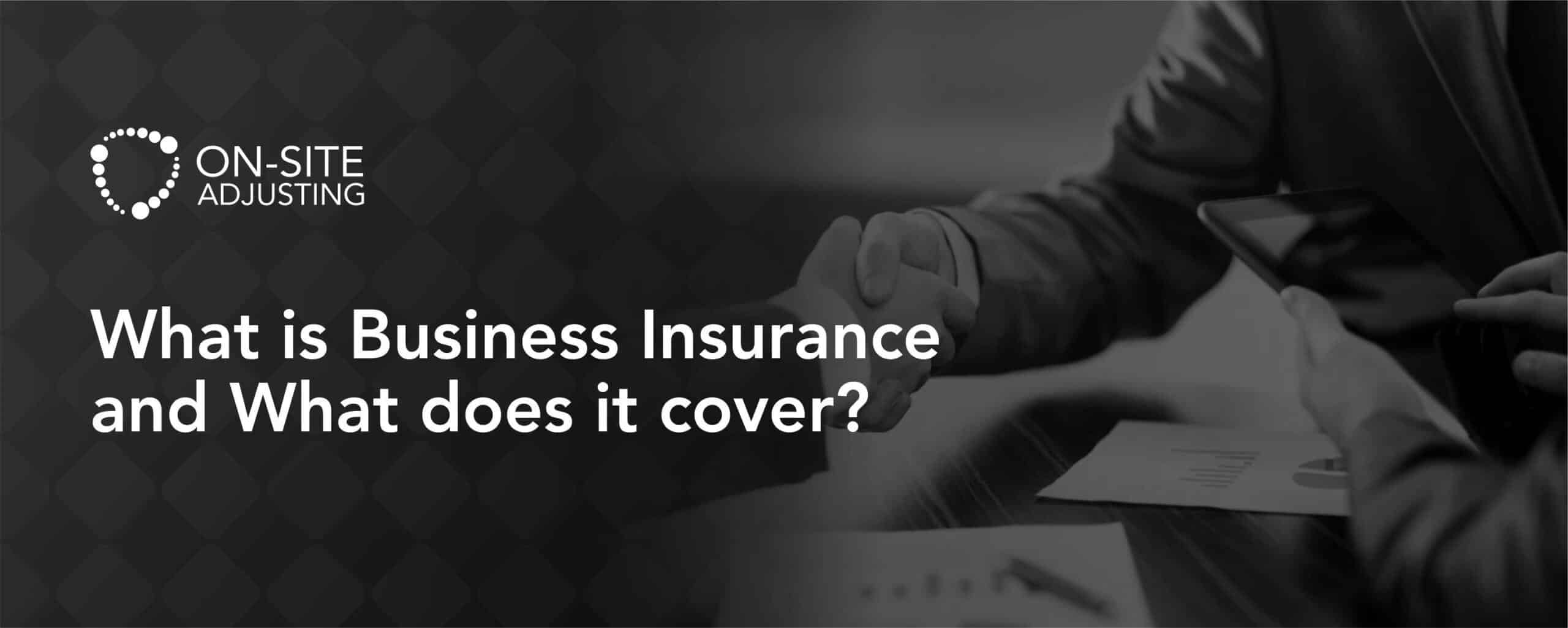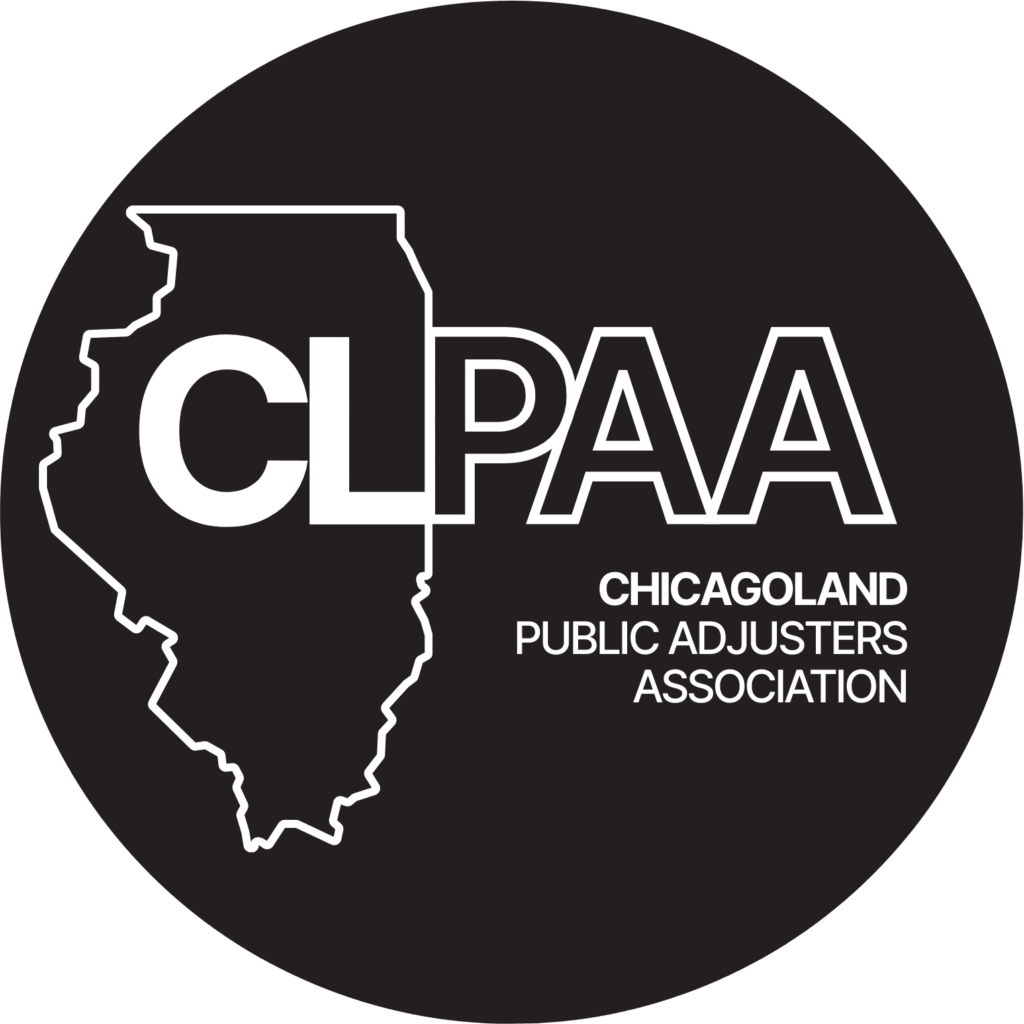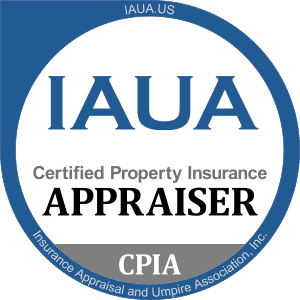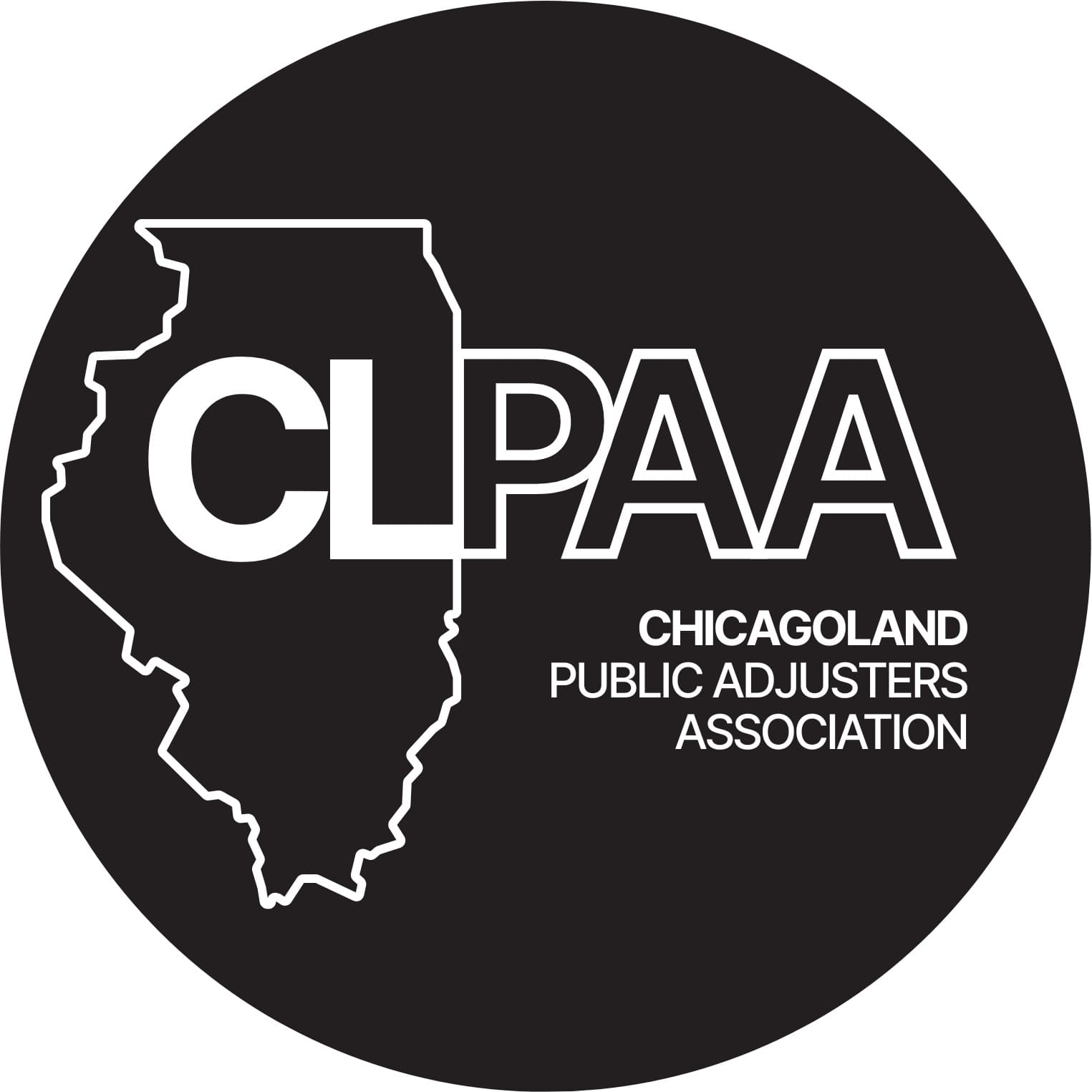
Safety nets and risk management keep businesses running despite suffering a loss. Business insurance is a key part of your safety net. It ensures that your business bounces back after unexpected events and circumstances. To further safeguard your business, consider hiring a public adjuster when filing a business insurance claim. Doing this helps you avoid denied and underpaid claims.
If you are unsure about what type of business insurance to get or how to get it, you are in luck. This article will explain every aspect of business insurance you should know as a business owner.
What is Business Insurance?

Business insurance, also known as commercial insurance, protects businesses from certain losses and liabilities. It provides financial compensation for unexpected events such as property damage, workers’ liability, and even lawsuits. However, these unexpected events should be during the normal course of business. Business insurance will rarely cover acts that are outside the business’s ordinary scope of work.
What Are the Types of Insurance Every Business Needs?
The number of policies you get for your business should depend on legal requirements and your business’s needs. For example, in some areas, employers must have worker’s compensation insurance. Therefore, you should examine the insurance requirements for your industry in your state.
Nevertheless, these are some insurance policies that every business should have:
Liability Insurance
Liability insurance protects your business if it causes harm to a third party. This third party may be a general member of the public, stakeholders in your business, or even your employees. Your coverage depends on what type of liability insurance you purchase and the terms of your policy. For instance, you may have general liability insurance. This is usually considered comprehensive enough for businesses because it protects against property damage, lawsuits, and much more.
You could also consider product liability insurance and professional liability insurance. These types of liability insurance shield your business from issues such as misrepresentation, copyright infringement, etc. This protection helps you keep the lights on even when you or your employees run into trouble.
Commercial Property Insurance
Most people know about regular residential property insurance. However, they are unaware of its counterpart for businesses, commercial property insurance. Commercial property insurance protects the business’s property in its entirety. This means there is coverage for equipment, inventory, furniture, and sometimes, business interruption. Additionally, common issues such as fire, water intrusion, storms, and hurricanes can trigger this coverage.
Workers’ Compensation Insurance

In the U.S, many states require businesses to have some form of workers’ compensation insurance. However, there are no set specific requirements as they differ from state to state. Workers’ compensation insurance ensures that employees are not stranded when out of work. However, the injury or illness that keeps them out of work should be work-related. For example, a construction worker may get his hand stuck in a vat of cement and this causes injury. In this instance, workers’ compensation will provide wages and sometimes, cover medical costs.
Business Interruption Insurance
Several issues can cause you to be out of work for a while. For example, you might have a water issue that causes your store to close down for a few weeks. In this situation, business interruption insurance will pay you the equivalent of your expected profit for a period. The coverage extends to payments such as taxes, rent and loan payments, and even payroll. However, your policy must cover the event that causes your business to shut down. Business interruption policies often cover common events such as fires, weather damage, and theft.
Commercial Auto Insurance
This coverage is only key for businesses with multiple work vehicles. A delivery company is a good example of a business that should have auto insurance. You should get a commercial auto insurance policy because a personal insurance policy will not cover business-related claims. Commercial auto insurance covers collisions, medical payments, bodily injury, and any property damage resulting from the covered vehicles. It also covers different kinds of vehicles such as vans, trucks, and regular company cars.
How Much Does Business Insurance Cost?
There is no singular amount that represents how much insurance for your business will cost. Your total insurance cost will depend on your policies and the extent of your coverage. For example, general liability insurance will cost around $40 a month. Commercial property insurance may cost as much as $70 a month. Workers’ compensation insurance costs almost the same as general liability insurance. On the other hand, commercial auto insurance will run you about $100 upwards, depending on the number of vehicles.
You may also consider a Business Owner Policy (BOP) because it provides basic needed coverage at a reduced cost. It usually combines property, business interruption, and general liability insurance. The policy costs around $57 according to Insureon.
What Affects the Cost of Business Insurance?
Several factors affect your cost of business insurance and they are:
Industry
Some industries are more high risk than others and your level of risk always affects your insurance rates. For instance, a small shoe store does not have the same level of risk as a large welding company. Therefore, they will have different insurance needs and different premium rates.
Size and Revenue
The bigger a business is, the bigger its claims will be. Small businesses often have smaller claims and as such, their insurance costs are also reduced. Another reason for this is that bigger businesses have more employees and more inventory.
Your business’s revenue also matters because the more you earn, the more you have to lose. For example, if you run a small business, it is unlikely that a disgruntled customer will sue you for millions of dollars. However, customers often sue large corporations for hefty sums. Therefore, if your annual revenue is sky-high, your insurer will adjust your premium to provide adequate coverage for your business.
Location
A business’s location can often determine its coverage in many ways. For instance, some states are prone to floods, hurricanes, and other natural disasters. Businesses situated in these states will need to purchase additional insurance coverage to protect themselves. Additionally, a business in a location with a high crime rate will have higher insurance costs. This is to make up for the increased risk of vandalism, theft, and robbery.
Just as your location can increase your insurance costs, it may also reduce it. If your business is situated in an area with little risk of natural disasters, your insurance rates may reduce.
Claims History
Insurers see businesses with a sparse claims history as risk averse and this prompts them to cut down insurance costs. If your business files multiple claims within a short period, your insurer will likely increase your premium. Doing so helps to shield the insurer from bankruptcy and also provides adequate coverage for your business.

Number of Policies
You now know that businesses can have a variety of insurance policies. The more policies you have, the higher your business insurance costs will be. For example, a business with only a Business Owner’s Policy will spend less than one with multiple policies. Therefore, you should evaluate your business’s needs before settling on a specific type of business insurance.
Safety Practices
If you demonstrate certain safety practices, your insurer may be more inclined to give you a discount. Consider installing certain safety systems to protect your business. For example, having fire suppression systems such as sprinklers and smoke detectors may fetch a 5% discount. You can also consider installing cameras, motion sensors, and alarms.
Know Your Policy
Your insurance policy is what governs your relationship with your insurance provider. Therefore, it contains everything you should know about your coverage. You should know the extent of your coverage. Also, look out for your deductible and any exclusions. This prevents you from filing claims that your insurer will ultimately reject.
Note: Shopping for quotes from different insurance companies may save you some money in the long run. Therefore, avoid sticking with the first insurer that comes your way. Instead, compare quotes from different companies and bundle your policies for a discount.
How to Get Business Insurance
You should not just jump into buying insurance policies for your business. Here is how to go about getting business insurance:
Risk and Needs Assessment
You should start by evaluating the risks involved in your line of work. This will help you understand the level of risk you deal with. Additionally, doing so will help you manage your expectations regarding your premium amount.
Furthermore, examine your business’s needs. If you run a small business from home, you do not need a commercial auto insurance policy. On the flip side, a large company producing goods should consider product liability insurance.
Research
Examine the different types of insurance policies you can get for your business. We already listed some key ones above. Knowing the types of policies you can get eases your decision.
Get Multiple Quotes
A lot of homework comes into play when trying to get business insurance. We earlier mentioned that shopping for different quotes can get you discounts. However, that should not be the only reason you compare quotes. Different insurers have different coverage requirements. For instance, an insurer might provide vandalism coverage under commercial property insurance while another will not. Put your research and assessment to use when comparing quotes.
Review and Customize Your Policy
Thoroughly read your insurance policy to understand the terms and conditions before paying your first premium. Some insurance companies allow you to customize your policy by providing additional coverage you can pay for. Discuss any additional coverage you might like based on your research with your insurer. Once you are comfortable with your policies, pay your premium, and enjoy your coverage.
Conclusion
A significant amount of capital often goes into starting and maintaining a business. It is only rational to protect that investment. Business insurance, in all its many forms, helps you do so. Always consider your business’s needs when choosing an insurance policy. This ensures that you are adequately covered and also prevents wasting money on unnecessary policies.
When you have an insurance policy, you will inevitably face the claims process at some point. A public adjuster can smoothen and expedite the claims process for you. Reach out to On-Site Adjusting today for all your insurance claim needs.












